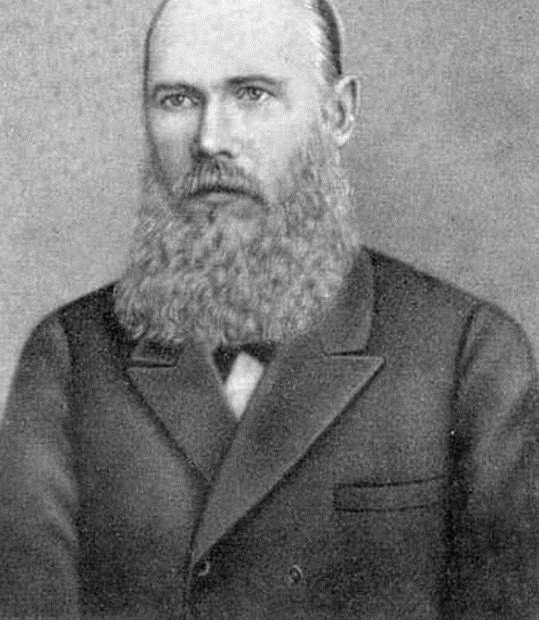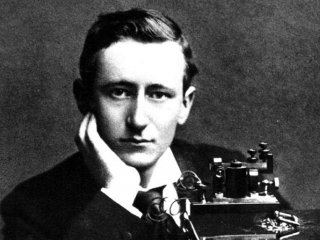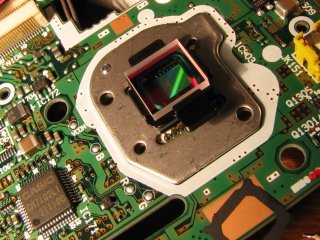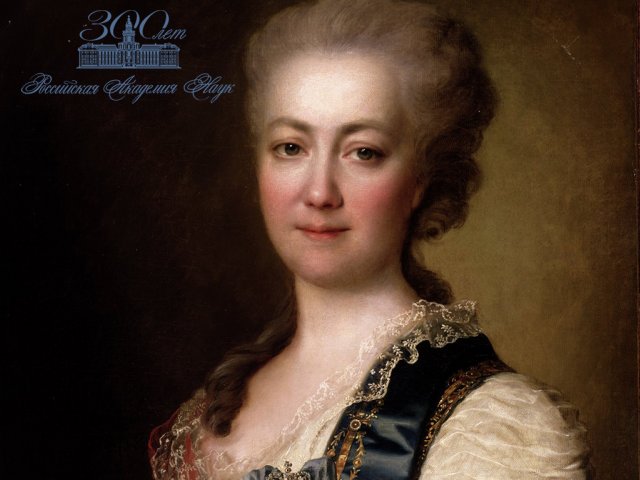
The Volkovo Cemetery in Saint Petersburg has a monument with two inscriptions: “Physics by Ganot” on one side and “Encyclopedic Dictionary” on the other side. They are books: the first and the last of the 750 books published by Florenty Fedorovich Pavlenkov. Few people know this name today. And it’s a pity – after all, it was Florenty Fedorovich rather than Maxim Gorky, as many people think, to start publishing the biographical series The Lives of Remarkable People. It happened as early as in 1890. During Pavlenkov’s lifetime, almost two hundred books, twenty-five kopecks each, were published in this series. It included the biographies of Socrates, Plato, Peter the Great, Ivan the Terrible, Suvorov. The future publisher was born in Tambov province, graduated from the Mikhailovskaya Artillery Military Academy and served in Bryansk and Kiev arsenals. Then his hobbies captured him, and Pavlenkov retired, moved to Saint Petersburg and finally focused on publishing. First of all, Pavlenkov translated and published the Treatise on Physics by French scientist Ganot. He also opened a bookstore on Nevsky Prospect. A democrat and nonconformist, he was sent to fortresses and fleeing into exile three times, but he published books, for example, by Pisarev and Herzen being “political” and unwanted for authorities. Anyway, Pavlenkov considered public education to be his main business. Self-education books from the Popular Science Library for People series were published in huge amounts. One-volume books by classical writers enjoyed great success. Pavlenkov’s one-volume Encyclopedic Dictionary was very popular – it was republished during the Soviet period in 1923. Pavlenkov was worrying about the affordability of his books, and so he considered even an insignificant markup for every copy of his book a crime against readers. According to Pavlenkov’s will, two thousand reading rooms were opened at his expense in Russian villages. Isn’t it the life of a remarkable person?























